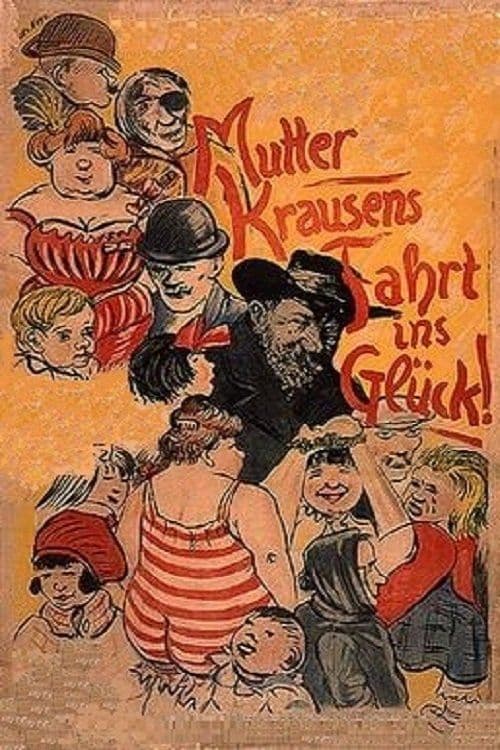
Phil Jutzi
Phil Jutzi (born Piel Jutzi; 1896–1946) was a German director, screenwriter, and cinematographer, a leading figure of proletarian cinema during the Weimar Republic. His career is intrinsically linked to the New Objectivity movement, characterized by a style that blended a raw, documentary-like realism with cinematic narrative. His most important works from this period explore social tensions and the life of the working class. His most celebrated films include *Mother Krause's Journey to Happiness* (1929), considered a masterpiece of social-realist cinema, and especially *Berlin Alexanderplatz* (1931), the first and influential film adaptation of Alfred Döblin's novel. After the rise of Nazism in 1933, Jutzi remained in Germany, adapting his work to the new regime and directing primarily short films and non-political entertainment films. Despite the controversial final phase of his career, his works from the Weimar period are recognized today as fundamental contributions to German cinema for their stylistic innovation and social commitment.
